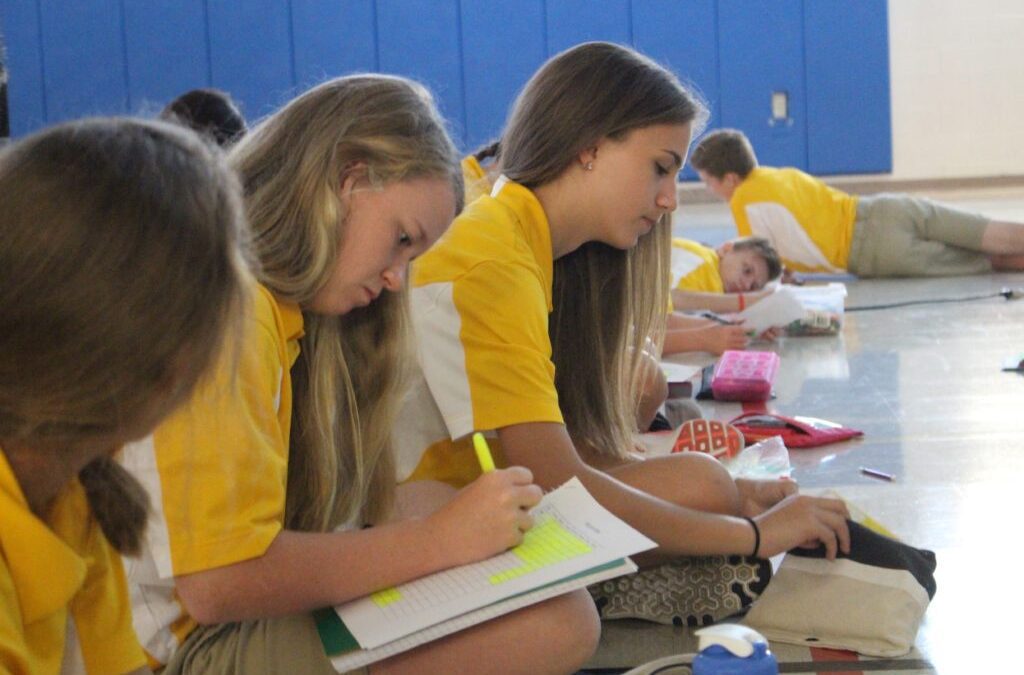Director Jen Money-Brady writes about how the HOPE program empowers children with the tools to articulate and express their feelings, while developing empathy and coping skills.
“How are you?”
Many of us have a standard answer to this question, along the lines of “I’m good. How are you?” Imagine, if you will, what would happen if instead we answered with our true feelings in that moment.
“I’m struggling today.”
True and heartfelt responses to “How are you?” would help us be aware of one another’s emotions and daily lived experiences. In turn, our children would also live in a time in which they could articulate a feeling and associate the appropriate expressions with it. They might even have a way to cope with that feeling rather than tucking it away. However, many young people lack the vocabulary to even give voice to their own feelings.
In a typical Indiana classroom, four out of twenty students have a diagnosed mental health issue that can only get better if the student seeks treatment and counseling. The issue in Indiana and across the country is that of those four students, only one will seek help from a mental health professional. As a school counselor, I know that many people are present in the students’ lives, yet only ONE student out of four typically reaches out to ask for help. This number can be staggering, so let’s take a deep breath together…whew.
As the HOPE Director for the Joseph Maley Foundation, I’ve learned a lot about the needs of Indiana students. In meeting with experts in mental health from Eskenazi’s PARC Clinic, Riley’s Triple Board program in Pediatrics/Psychiatry/Child & Adolescent Psychiatry, and Fairbank’s HOPE Academy, a consistent message was that children need a better understanding of their own feelings and how to cope with them. Thus, HOPE was created. Students may have access to well-trained professionals and understanding adults, but they don’t know how to explain their feelings or cope with those feelings.
Health through Outreach, Personal Perspectives and Engagement teaches children about feelings, giving them new vocabulary and stories to consider while ultimately changing their day to day living by teaching coping skills that they can use within the moment. HOPE offers students the ability to empathize with one another in a way that fosters community with their peers and creates their own success stories. HOPE students know the value of asking “How are you?” and encouraging a genuine response. “I’m struggling,” would be answered with “I understand. Let’s talk about this together.”
Post written by:
Jen Money-Brady, HOPE Director
